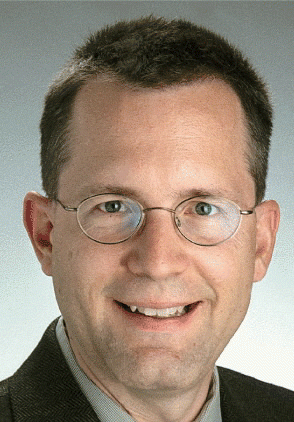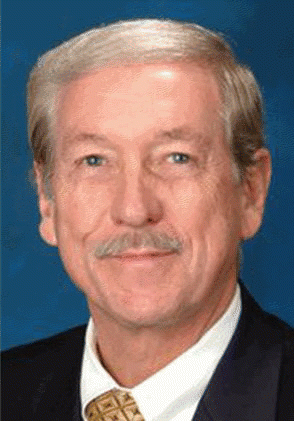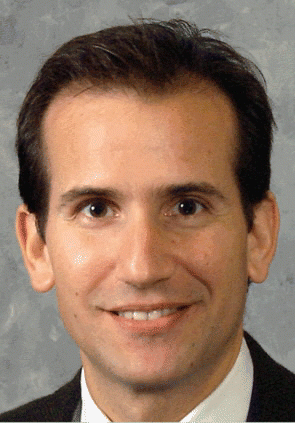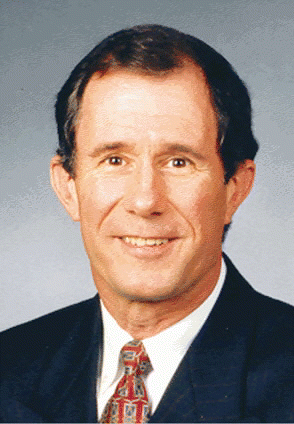At the 2007 annual meeting of the American Academy of Otolaryngology Head and Neck Surgery (AAO-HNS), investigators from Johns Hopkins University and the University of Kansas reported on a needs assessment that identified a number of issues related to improving the formal assessment of operative competency among otolaryngologists-head and neck surgeons.








